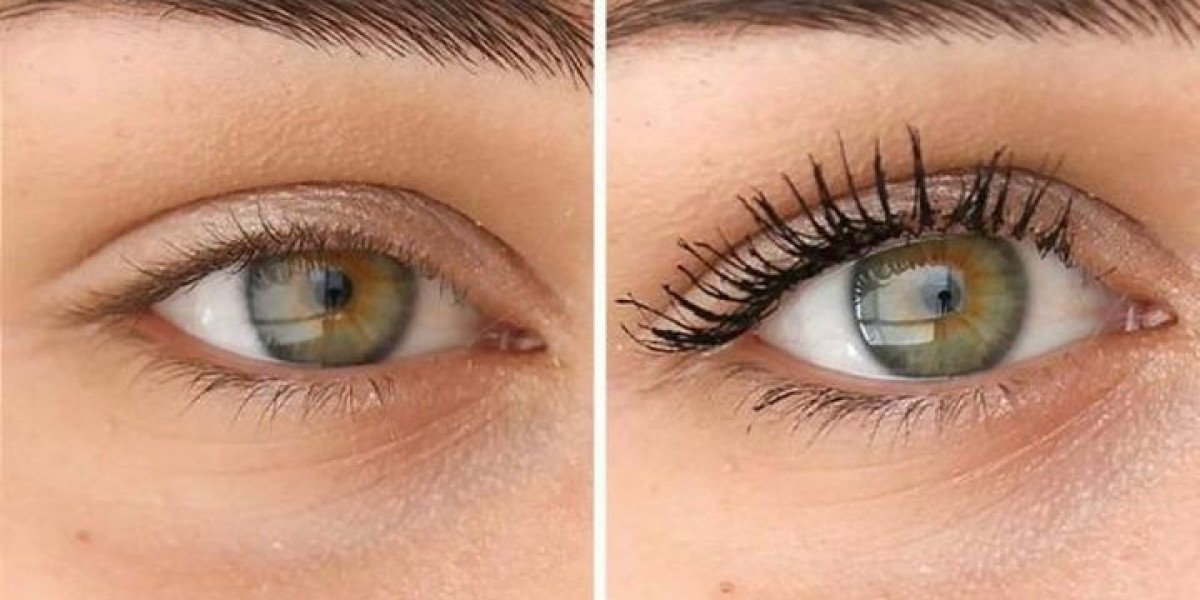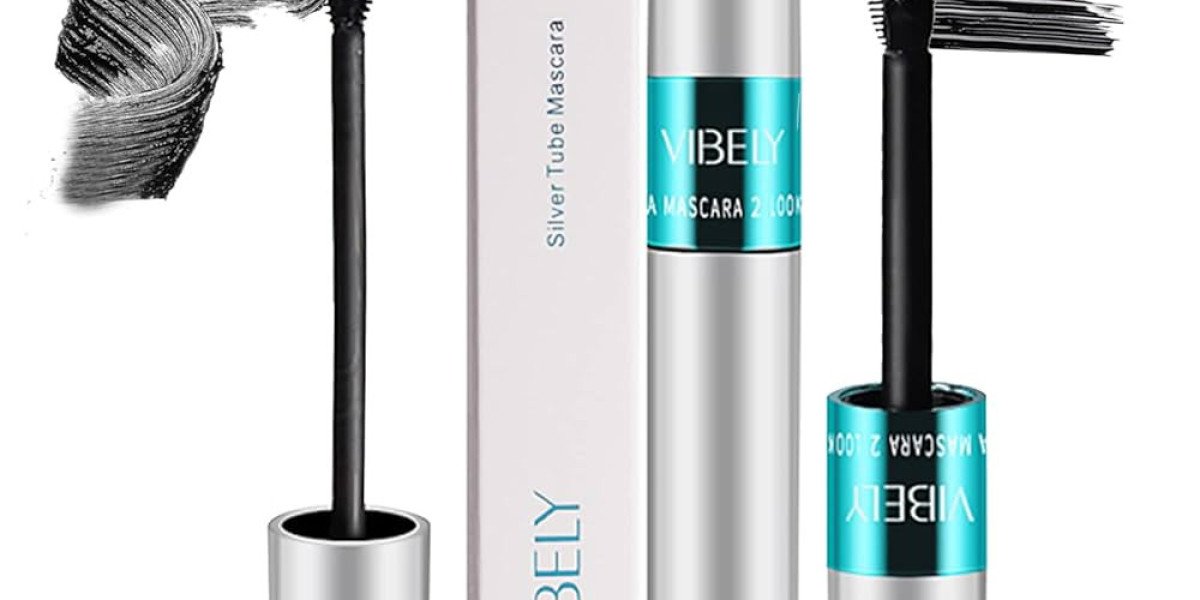Monsoon, the most pleasant time of the year, brings cool air and soothing rain. But also, some unexpected skin and hair-related issues, particularly for those who are at high risk of them, due to high humidity and moisture. This calls for strict adherence to a proper, monsoon season-friendly skin and hair care routine, as tailor-created by a dermatologist at the best skin clinic in Hyderabad. However, if the skin and hair issues arise due to increased moisture in the air and poor skin/hair care habits, a certified dermatologist can only be the helping hand in restoring both the health and the appearance of the skin and hair.
If residing in Hyderabad, Jade Clinics can be your choice of dermatologist to receive professional skin and hair care advice and diagnosis, and treatment of a variety of dermatological concerns during the monsoon. This blog focuses on common skin and hair-related complaints that show up in the monsoon and how they are resolved with the help of a dermatologist. Read on and take necessary actions.

Different Skin and Hair Related Issues Faced in Monsoon Season- How Do Dermatologists Help?
Most common skin concerns of monsoon:
- Acne breakouts- In monsoon, the increased moisture and perspiration get trapped in the skin, leading to clogging of pores and hence acne breakouts. To control these acne breakouts, dermatologists usually recommend using non-comedogenic, lightweight, and gentle skincare/ anti-acne products. In case of stubborn and severe acne, dermatologists recommend chemical peeling or laser therapy.
- Dermatitis and eczema- The high humidity can trigger or worsen the flare-ups of these skin conditions, which feature skin inflammation, redness, and itching. Dermatologists can help provide relief by prescribing medicated creams/lotions/sprays or hydrocortisone.
- Fungal skin infections- The dampness of the skin during the rainy season can cause fungal growth on the skin, leading to infections like ringworm, athlete’s foot, and more. Dermatologists help by prescribing topical or oral antifungal medications.
- Skin allergies- In monsoon, the skin’s exposure to an allergen in the environment, used cosmetics, or the consumed food can lead to itchy skin rashes. Dermatologists can help identify the allergen, guide how to avoid the allergen, and deliver personalised treatment. Treatment and management may be through topical corticosteroids/calcineurin inhibitors (to relieve itch, inflammation, and redness); antihistamines (to act against the allergen response); or immunotherapy (in severe cases, to stop the immune response to allergen).
- Sweat rash/ Miliaria- In humid weather, sweating is more. Sweat can get trapped easily in the skin, causing prickly heat and heat boils. Dermatologists can spot these during skin examination and provide effective treatments. The first line of treatment is cooling down and drying the skin by moving to an air-conditioned room, using fans, or taking cool showers/baths. Inflammation and itching are soothed by dermatologists through calamine lotions, topical corticosteroids, and antihistamines. Antibiotics may be prescribed by a dermatologist in case a secondary bacterial infection develops.
- Hyperpigmentation and uneven complexion- Monsoon-related skin concerns can cause dark skin patches and uneven skin tone. Dermatologists can help reduce pigmentation with skin lightening topicals containing retinoids, hydroquinone, or Vitamin C, or cosmetic procedures like chemical peels, laser, or microdermabrasion, besides emphasizing proper sun protection.
Most common hair concerns of monsoon:
- Hair fall- A humid weather can weaken the hair roots, increase the risk of hair breakage, and eventually cause hair fall. Dermatologists can help address hair fall concerns by first identifying its underlying reason and then recommending appropriate hair growth-promoting treatment, including medications, PRP therapy, GFC therapy, or hair mesotherapy.
- Oily scalp- High humidity can make scalp skin oily and sticky, trapping dirt, fungus, and dead cells that cause clogging of pores. Dermatologists can help manage such a scalp by suggesting medicated/anti-dandruff shampoos, medical-grade exfoliants, and topical medications/serums.
- Dandruff- The humidity and scalp problems can exacerbate dandruff. Dermatologists can prescribe anti-dandruff products and scalp detox treatment for relief from flakes and itching.
- Frizzy hair- This unmanageable hair concern is caused by the hair absorbing moisture from the air. The frizz can be controlled with dermatologist-recommended haircare products to make hair manageable.
Essential Monsoon Skin and Hair Care Tips- Shared by a Dermatologist
A dermatologist can assess one’s skin and hair type during consultation and then suggest for personalised, monsoon-specific skin and hair care routine. Usually, one should follow these care tips to avoid having or worsening skin and hair-related issues:
- Regularly take a head bath with lukewarm or cold water and mild, sulfate-free shampoo. Remove excess water gently with a soft towel and air-dry hair.
- Protect the skin, scalp, and hair from direct UV exposure, environmental pollutants, and microbes.
- Use a hair mask to deep condition scalp and hair once or twice a week.
- Use only light-weight skin and haircare products.
- Refrain from heat hair styling.
- Daily, twice cleanse skin with a mild, soap-free cleanser.
- Exfoliate skin once or twice a week.
- Keep skin hydrated and moisturised with oil-free, lightweight moisturiser and adequate water intake.
- Use toner regularly to balance the skin pH.
- Use minimal cosmetics.
- Incorporate antioxidants in both skin care routine and diet.
Skin and hair issues are common in monsoon. If one is experiencing any of them, get in touch with the Jade Clinic, skin clinic in Gachibowli.






